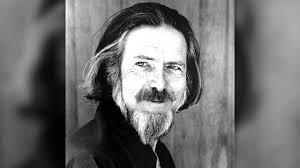Alan Watts’ Take On Buddhism
- Life has no intrinsic meaning but that which we give it.
- Everything is uncertain, so we must put together a world view that fits roughly with the facts, and accept that it is just a guess.
- Life cannot be described, only experienced.
- Zazen, spending hours seated in contemplative meditation, is unnecessary.
- Karma and reincarnation are not real.
- Zen and Taoism are more like psychotherapy than religion. They offer ways to maintain a healthy personality in a contradictory and repressive culture.
- Zen philosophy teaches one to think clearly, and thus transcend conventional thinking to a place where the mind could be at peace despite its environment.
1.11K
2.94K reads
The idea is part of this collection:
Learn more about personaldevelopment with this collection
Understanding the concept of the self
The importance of living in the present moment
The illusion of control
Related collections
Read & Learn
20x Faster
without
deepstash
with
deepstash
with
deepstash
Personalized microlearning
—
100+ Learning Journeys
—
Access to 200,000+ ideas
—
Access to the mobile app
—
Unlimited idea saving
—
—
Unlimited history
—
—
Unlimited listening to ideas
—
—
Downloading & offline access
—
—
Supercharge your mind with one idea per day
Enter your email and spend 1 minute every day to learn something new.
I agree to receive email updates
